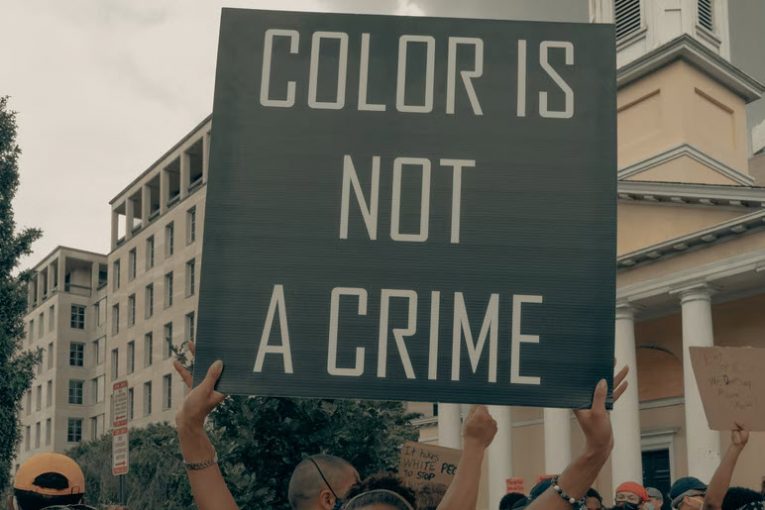

By Robert J. Hansen
Two bills that aim to improve transparency and reduce racial disparities in the criminal justice system moved through the California Assembly Wednesday according to a press release from the Yolo County District Attorney’s Office.
AB 2778 and AB 2418 both were scheduled for hearings in the California Assembly Public Safety Committee and both passed without opposition.
AB 2778, authored by Assemblymember Kevin McCarty, would require the California Department of Justice to establish and implement a “Race Blind Charging” system that all prosecutors must implement by January 2025.
This would require charging based on information, from which all means of identifying the race of the suspect, victim, or witness have been removed or redacted according to the bill.
The Yolo County District Attorney’s Office launched its race-blind-charging program on August 31, 2021.
Data is not available past September 2021 at the Commons portal so the efficacy of the race-blind-charging remains to be seen.
The Stanford Computational Policy Lab (SCPL) designed a computer program specifically for DA Reisig’s office that automatically redacts information in police reports that identify an individual’s race.
Attorney General Rob Bonta met with Yolo DA Jeff Reisig in January and decided to sponsor the legislation.
The bill passed through the Assembly Public Safety Committee with no opposition.
AB 2418, authored by Assemblymember Ash Kalra, is also co-sponsored and was drafted by the Yolo County District Attorney’s Office.
In recent years, the Yolo DA began publishing all of its prosecution data to constituents in the interests of transparency and to foster robust conversations regarding criminal justice reform according to the press release.
In 2020, the Yolo DA partnered with the non-profit Measures for Justice (MFJ) and developed an interactive “dashboard” populated with Yolo criminal justice data called Commons.
This dashboard is the first in the nation where the data is independently verified by a third party, MFJ.
The Yolo DA has already used data from Commons to focus priorities and drive policy change.
One such change is that the office no longer automatically disqualifies an individual from being referred to a diversion program based on their criminal history.
Another is the Harm Reduction Drug/Alcohol Diversion Policy which diverts low-level drug and public intoxication offenses to alternatives to jail.
Assemblymember Ash Kalra authored the bill, which would require prosecutors statewide, under the guidance of the Attorney General, to gather and provide multiple data points to the AG concerning the prosecution of cases.
“This has already been a game-changer,” Assemblymember Kalra said.
The bill was sponsored by ACLU, Yolo County District Attorney, Prosecutor’s Alliance, and San Francisco County District Attorney.
The bill was also supported by ACLU California Action, the California Public Defenders Association, and the Center on Juvenile and Criminal Justice.
“Our data is the people’s data. Publicizing this data, including the good, the bad, and the ugly will foster the conversations necessary to tackle our most challenging criminal justice issues.” In describing the drafting of the bill,” Reisig said, “This has been such a fulfilling journey with input and support from the Attorney General, the ACLU, and the Public Defenders Association. I look forward to AB 2418 moving to the Assembly floor.”
The bill passed through the committee with no opposition and five Aye votes.


No more hate crimes, apparently. :)
Excellent point!